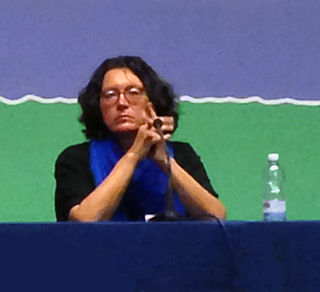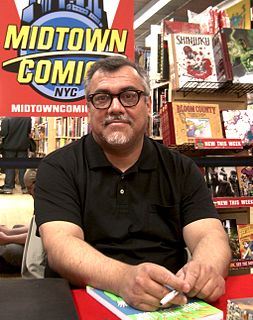A Quote by Robert Redford
I was raised in California during the Second World War and into the '50s and everything was fine, everything was great. The sun always shone, everybody looked healthy and wore ties and smoked in restaurants, and there were cars for everybody - except us, because I came from a lower class neighbourhood. But [in France] I realised there was a different point of view, so when I came back to America a year and a half later I was much more focused on my own country culturally and politically.
Quote Topics
Always
America
Back
Because
California
Came
Class
Country
Different
Everybody
Everything
Except
Fine
Focused
France
Great
Half
Healthy
Later
Looked
Lower
Lower Class
More
Much
My Own
Own
Point
Point Of View
Politically
Raised
Realised
Restaurants
Second
Second World War
Smoked
Sun
Ties
Us
View
War
Were
Wore
World
World War
Year
Related Quotes
See, the 'On the Road' that came out in 1957 was censored. A lot of the honesty of it, the bitter honesty, is in the original scroll version that came out in 2007 on the 50-year anniversary. Back then, there was so much post-Second World War fear that was imposed on everybody - 'You must live life this way' - and these guys were bored.
I'd been influenced by reading books on art and colonies that existed in Paris and places like that and so when I came to Europe I came to France and I had very little money, and I had to live low and stayed in a bohemian section of Paris with a lot of other students, who were from medical school, science school and art school. We all lived in a kind of communal way and I was challenged politically, because I didn't have a clue and they would ask me questions about the Algerian War, which was very big in France in the late '50s.
We're all biased, right, in many different ways - politically, religiously, ideologically, the way our family raised us - and that's fine. Nobody wants to live in a world where everybody thinks exactly the same. The key, though, is to try to figure out where your biases are holding you back from solving problems.
When the Democrats are attacked for [inciting class warfare] they shrink back. They don't say what obviously should be said, "Yes, there is class warfare. There has always been class warfare in this country." The reason the Democrats shrink back is because the Democrats and the Republicans are on the same side of the class war. They have slightly different takes. The Democrats are part of the upper class that is more willing to make concessions to the lower class in order to maintain their power.
Growing up during World War II certainly affected my whole view of life, but I hardly know how, it goes so deep. What's hard to explain now is that, though we were never invaded, and bombed only once and ineffectively on the coast of Oregon, everybody in the country was in that war. Everything we did was influenced by it - eating, traveling, dressing, thinking - everything in daily life.
As a child, I remember asking my parents when I was five years old, "How come if you are not Zionists, you came to the country?" I was surprised at myself that I asked this question. It means that it was always in the air. Then years later I understood it was because of the Holocaust, because they were refugees. They did not come as immigrants and, because of the illusions of the '50s and the late '40s, my mother said, "The world must be better." She could not imagine that it wouldn't be different.
In the middle of my second year at school, in 1943, I got drafted into the army, was gone for three years, and when I came back, I tried to get into the painting classes which I wanted, but because of all the returned GIs [the GI Bill], everyone was in school and the classes were all full. So I looked at the catalogue and found that there was a ceramic class offered and that there was space in that. I registered for a ceramic class and some drawing classes.
Italians don't have a unique style like France or Spain or Germany or the UK, it's different everywhere you go. The style of the girl in Milan is really architectural and modern. In Naples it's a completely different style, it's more dark. I'm sure our style was more precise in the past in the '50s or '60s where everything was very Sophia Loren. It's weird because obviously outside of Italy you think of one country, but when you're in the country you know how different the country is from the north to the center to the south to the island. There are so many differences.


































